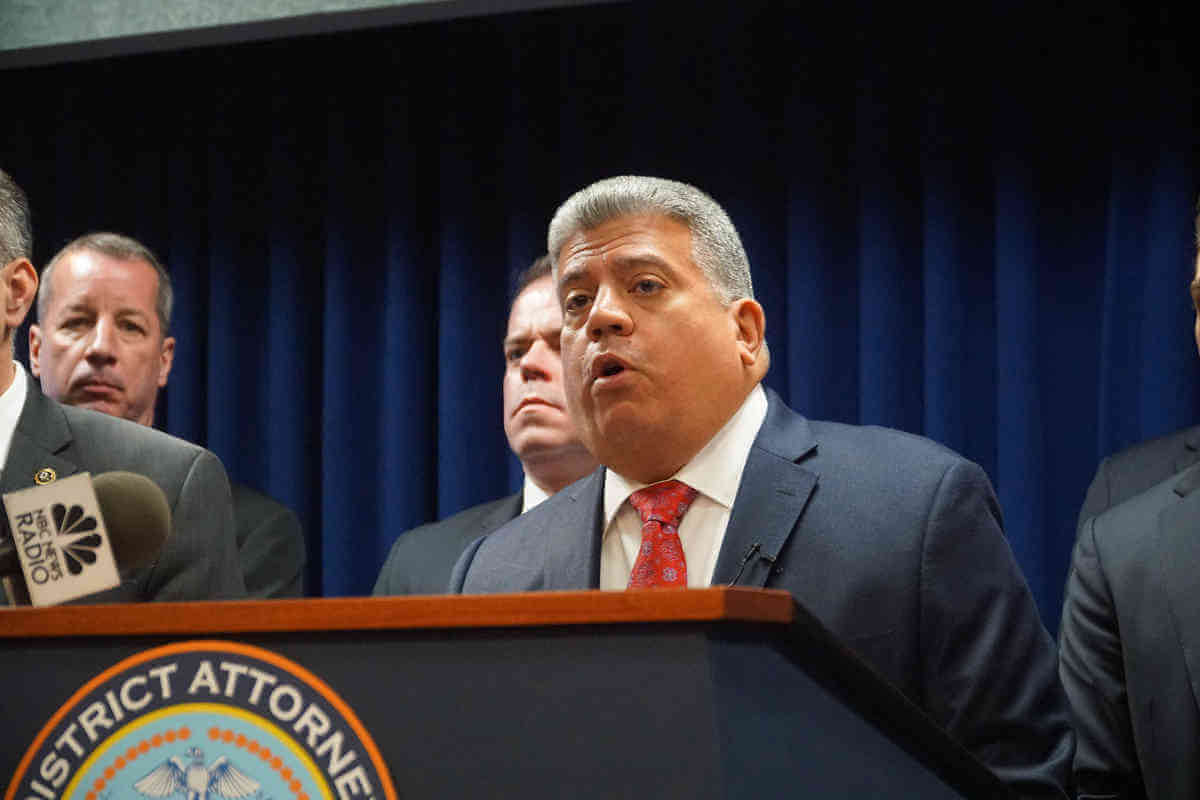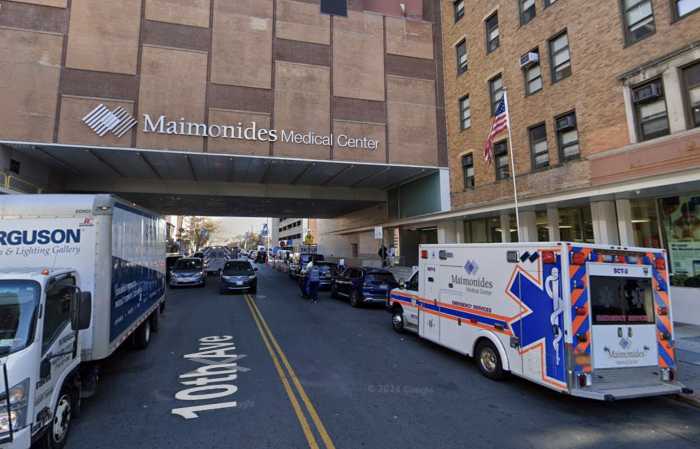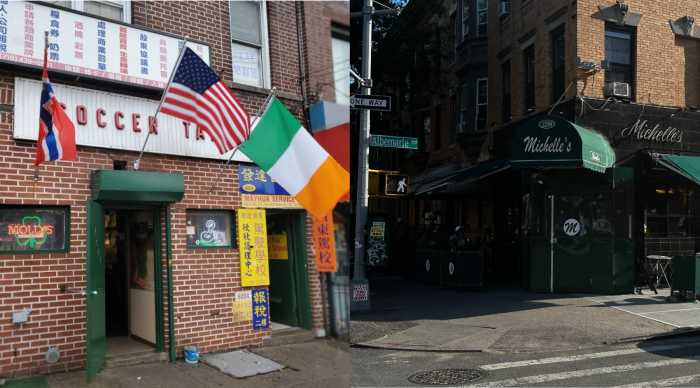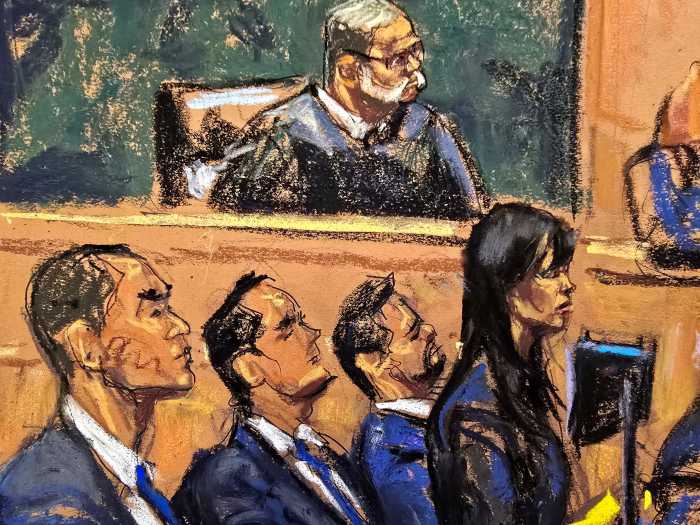A Brooklyn man finally has his good name back after he was wrongfully convicted of homicide nearly 30 years ago.
Brooklyn District Attorney Eric Gonzalez announced Thursday the vacating of the wrongful 1995 homicide conviction of Steven Carrington, 56, who was mistakenly identified as participating in a botched East Flatbush lumberyard robbery that resulted in a fatal shooting. Carrington served 23 years in prison before his 2018 release.
Brooklyn Supreme Court Justice Matthew D’Emic overturned the conviction on May 16 after a reinvestigation conducted by the DA’s Conviction Review Unit cited problematic identifications in the case, determining that Carrington did not commit the crime.
The identification of Carrington by the sole eyewitness, a customer who was a stranger to him and saw him fleetingly, was not tested for reliability and should never have been admitted at trial, according to the DA’s office.
“A full investigation by my Conviction Review Unit concluded that this was a case of mistaken identity, where numerous red flags were ignored both before and after Mr. Carrington’s conviction,” Gonzalez said in a statement. “This case exemplifies the pitfalls of one witness identification and highlights the lengths our CRU will go to unearth the truth.”
Gonzalez added that Carrington has proclaimed his innocence from day one and, “while we cannot undo the decades he spent in prison, today we are able to substantiate his claim and give him back his good name.”
The botched robbery in question occurred on Jan. 2, 1995, when Shannon France entered Lumber Headquarters on Church Avenue in East Flatbush armed with a gun. During an initial struggle, France fatally shot an employee, Lloyd St. George Campbell, before robbing the store’s cash box and telling a customer to leave.
That customer was then held up by an accomplice who took his Seiko gold-colored watch and a pinky ring. The customer later identified Carrington as the accomplice, leading to his conviction of second-degree murder and robbery. France, also convicted, was released in 2021 and deported.
‘Serious problem’
During the trial, Carrington had presented an alibi defense, supported by his girlfriend and parents. However, inconsistencies led prosecutors to dispute it, according to the DA’s office.
The CRU’s investigation of Carrington’s conviction uncovered a “serious problem” with the identification process, noting that both the customer and another employee who was outside the store in the lumberyard identified him in a photo array. Further discrepancies also emerged, including a failure to conduct a crucial hearing regarding the identification’s validity.
A few years after the conviction, Carrington provided a name of the person who allegedly committed the robbery with France. The DA’s Office investigated that claim at the time but concluded that that person was incarcerated when the crime occurred. However, the CRU was able to discover that he was actually on a 14-week work release program that ended two days after the murder, and that he was likely residing in his neighborhood of East Flatbush.
The CRU also interviewed a man who was inside a pharmacy across the street from the lumberyard and claimed that the alternate suspect was France’s true accomplice – recalling that he would see him in the neighborhood around that time and watched him flee the lumberyard at the time of the murder. Finally, in a 2012 affidavit and in subsequent parole hearings, France took responsibility for his role and repeatedly stated Carrington was not involved.
Despite this, legal barriers hindered pursuing charges against the alternative suspect.
The CRU concluded due to the flawed identification procedure that was compounded by errors from the hearing judge, the prosecutor, and defense counsel, that the conviction should be vacated, and Carrington’s indictment dismissed.
The CRU’s efforts have so far led to 38 overturned convictions since 2014, with 60 open investigations currently ongoing.

























